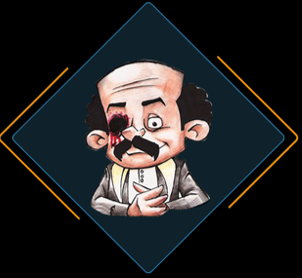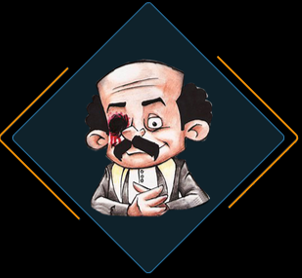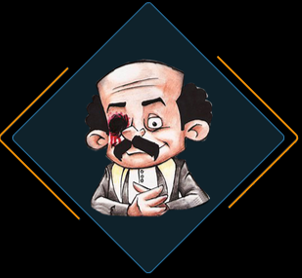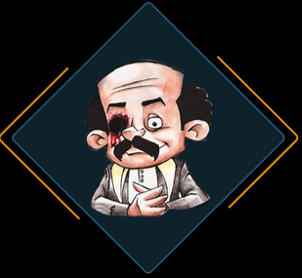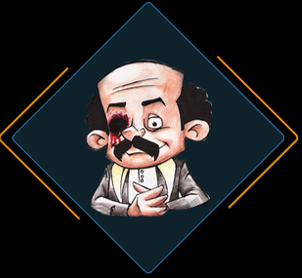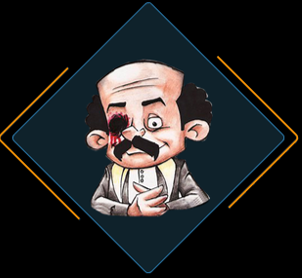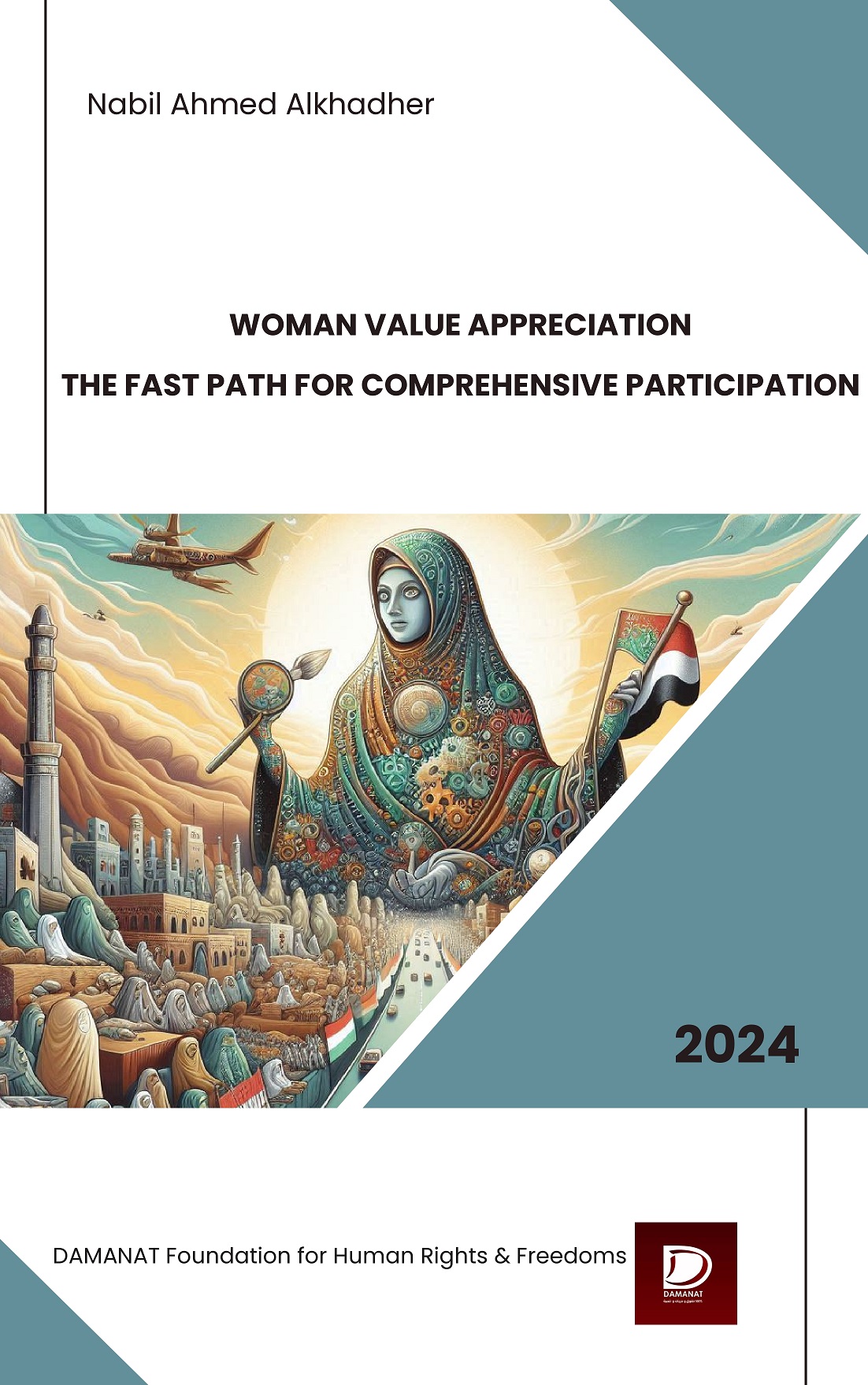Mon,Dec 15 ,2025
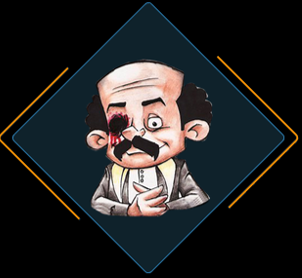
The Internet risks on child protect from violence
2025-04-25
Internet gluttony for personal information
The Internet works on storing, retrieving and analyzing huge amounts of personal data that are collected by institutions, departments, government agencies and companies, and compares the stored information in an automated file with information in another database, it can be transferred across countries in seconds and at low costs.
Know the details of the child's movements, hobbies and interests
Modern technologies such as video cameras, electronic identity and identification cards, personal databases, means of interception and control of mail and communications, monitoring of the work environment and locating people have a great ability to know the details, hobbies and interests of the child. It works on collecting and processing personal data related to their lives. Although modern technologies may have positive effects in the field of state regulation of personnel affairs, they may have serious effects in the case of children.
High dependability of the child on the Internet
With the increase of information on the Internet, the child's dependence on it becomes great, although a lot of information may not be correct on some websites on the Internet. With the child's frequent use of Internet sites, his dependence on obtaining information from books, curricula, parents, and his own life experience decreases. Child skills in science and life decrease in the event that he depends on the Internet for information, especially if this use is unplanned by parents and the school.
Poor ability to control what the child gets from the Internet
With the increase in the Internet impact on human life and their dependence on it in many aspects of life, the child, parents or school may not be able to control the information the child gets on the Internet.
The high dependence on the Internet and the weak control over the child’s use of it, may have harmed the child and deprived him of his will to make his decisions consciously and exploitatively, it might have emptied his personality, which is supposed to be unique.
The Internet may contribute to the inability of parents to control the child's use of it and control their ability to direct him to good information and positive practices.
Distortion of the child's communicative world
With the increase of the child's dependence on the Internet, his dependence increases in contacting his friends, classmates, and perhaps distant family members, which harms his ability to communicate directly with others through direct meeting with them, this may reduce his ability to dialogue, persuasion and his personal ability to create his own social relationships away from computer screen.
On the other hand, the child may come into contact with people unknown to him, young or old, which may distort his personal relationships and may lead the child to contact other people who harm him and his personal, physical and sexual safety.
Reducing the child's independence
The increase of the child's use of the Internet, especially in the event of absence of control of what he uses in it, may increase the chances of the child's rebellion against the parents, the school, and the information they provide to him. existing in or dependent on some of the people with whom he is in a relationship on the Internet.
On the other hand, the excessive use of the Internet by the child may reduce his personal independence, so that he depends only on the Internet and its information, or depends on some people with whom he has a relationship on the Internet.
Increase the digital impact of the child
The Internet is the largest collection, processing and transmission device for personal data. Digital computers and networking technology are developing. The Internet stores all social, commercial, political, cultural, economic, communication, research and scientific activities.
This means that the increased use of the Internet by the child will increase his digital impact, which may increase the risk of violating his privacy, or raise the chances of the child being exploited economically or sexually, or his digital impact may be used in the most positive cases to market materials that he may wish to obtain. without being able to purchase or use it.
The Internet provides a lot of information about any user across the world. Regarding the child, this information may be dangerous, especially since websites on the Internet continuously save everything that their users do.
Among that information that may be used in a dangerous way for children are the details of his personality, his life, his hobbies, his feelings, the sites he browses, his Internet Protocol address, the times he uses the Internet, the sites he browses, and the collection of his personal data and benefit from it in a way that may harm the child.
Strict control of Internet users
The child's use of the Internet and the censorship that occurs on the Internet, whether by strict States or by professional users of the Internet, or by companies, may pose a threat to the child, especially if the professional users of the Internet are able to penetrate the child's computer for their sexual interests. Even if the child is not exposed to such things, the strict censorship of Internet users basically constitutes an assault on the personal lives of adults or children and a violation of the educational, health, personal, social and behavioral aspects of the child's life.
Increasing opportunities for illegal child use of the Internet
The child may use the Internet in a positive way, despite the dangers it may leave on him. There are great possibilities, especially in the event of poor control by the parents over the child’s use of the Internet. Or bullying others and tracking their digital footprint and images and mocking them or attacking the privacy of others on the Internet or browsing sites that harm them, such as sexual sites, especially for children in the process of puberty.
The child's illegal use of the Internet, such as abusing other users of the Internet, whether other children or adults, or bullying others, tracking their digital footprint and images, mocking them, attacking the privacy of others on the Internet, or browsing sites that harm him, such as sexual sites, especially for children in the process of puberty.
Damage to the child's environment
The information or the digital impact of the child may not be dangerous to him, but it may harm his family or those around him, especially if the child publishes information related to the financial, health or social situation of the family or the acquaintances surrounding him, which may enhance the negative use of that information, especially in the case of accessing this information is unauthorized or by deceiving the child to obtain it, which opens the way for the misuse of this information or directing it in a deviant or wrong direction or monitoring individuals and exposing their privacy or judging them through it.
Increasing child vulnerability to digital risks
Even with the intelligent use of the Internet by children, intensive and unsupervised use may reduce the ability of the child, his family, or his surroundings to protect him from the dangers coming from the over use of the Internet.
On the other hand, it may increase the child's vulnerability to digital risks and his falling into the traps of negative and dangerous users that he does not know how to discover or deal with, which threatens the protection of his life, honor and physical, psychological and sexual safety.
